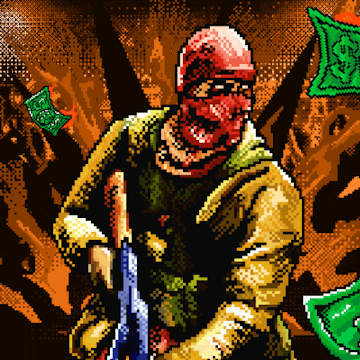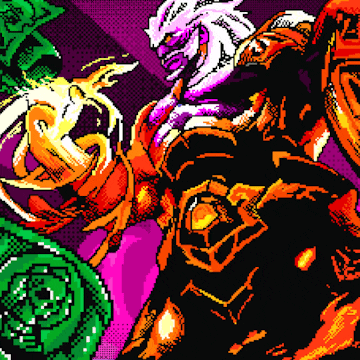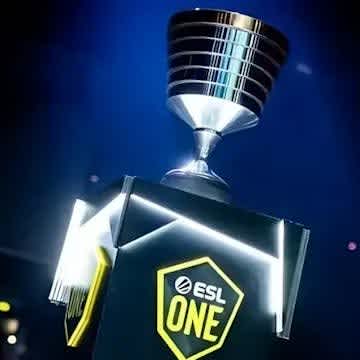Karrigan proves the doubters wrong and stakes a claim for best IGL in the Global Offensive era
They were all dead. The final gunshot was an exclamation mark on everything that has led to this point. He released his finger from the mouse. The team has come to an end of its slow-motion journey, securing the Intel Grand Slam 392 days after winning IEM Katowice.
Elation combined with sighs of relief, the pride of a job well done with perhaps a dark thought of having gotten away with one. Though they continued to be there or thereabouts on the business end of tournaments – with the big blot of an exception that was the IEM Rio Major –, FaZe haven’t lifted a single trophy since the player break, and with every passing tournament, their limp performance at IEM Dallas seemed more and more like an opportunity lost.
And yet, here they are, putting on an extremely impressive performance and emerging as deserved winners in a stacked field. We will forever have to wonder what would have happened had they met up with G2 somewhere in the playoffs, but there can be no denying their accomplishments here, or ever since ropz joined the lineup after months of speculation.
It paid golden dividends, after all.
In many ways, the fact that it took them so long to claim that final title adds to the accomplishment, making it stand out from their peers’. Astralis were selective in their events at the time of their Grand Slam triumph in 2018, skipping tournaments in Belo Horizonte and New York they would have most likely won had they not prioritized BLAST instead, while neither Liquid nor NAVI managed to keep on winning after their short but white-hot run of form.
Discussion of eras became so common as to render them pointless, and with a widely varied calendar across the years with different numbers of Majors, exclusivity deals and the disruption of the pandemic, it’s a fool’s errand to try to directly compare the Grand Slam-winning squads and other legends of the Global Offensive era of Counter-Strike. Astralis’ long-term dominance can’t be brought into question, and they managed to remain on the summit even when their rivals adapted their tactics-heavy approach and superior utility usage.
Team Liquid failed to survive a player break – something FaZe themselves have struggled with – and NAVI owe a decent chunk of their success to the online era, and with history getting in the way, it’s tough to tell just what and how they could have done had things remained peaceful in the world.
Still, there’s a very good argument to be made at this point about the karrigan-rain-RobbaN triplet’s place in the annals of CS:GO history. Yes, no one can hold a candle to the sustained dominance of the Astralis core over an extended period of time, but in terms of constructing multiple title-winning lineups across different orgs, metagames and a sheer number of years of excellence, karrigan stands alone, and the common lineage across his two stints on FaZe makes for something special, the first and only truly international squad in CS to reach the summit. (Interestingly, RobbaN never left the org, moving to a managerial role in early 2019 and returning in a coaching capacity shortly after karrigan rejoined FaZe. This time, unlike the Major, he got to stand behind his soldiers as they clinched a historic victory.)
FalleN’s Major wins came four months after each other, and his last S-Tier tournament win came five months after his triumph in Cologne. Liquid haven’t won a single elite-level interregional event since their Grand Slam. NAVI closed off 2021 in dominating fashion and still found it in themselves to win the BLAST Premier Spring Finals in June this year, but they were clearly eclipsed by FaZe and seem even further from their sterling best today. Fnatic had a great run from the very first Major to olofmeister’s wrist injury in Columbus, with a beautiful afterglow when Golden was given the reins in earnest but little else to report. No other in-game leader managed to make it happen across such wide divides, and even if gla1ve had a higher peak – with the same roster karrigan failed to push to the mountaintop – we now also know very well how low his floor is when the game has changed and he has to work with a different set of cogs to build a great machine.
There’s still a bit of time left to write some history, but no one could blame them for shifting at least some of their focus to the CS2 era now instead of the remaining CS:GO matches that the Grand Slam has been secured – and even if this were to be the final tournament win in karrigan’s storied history, you could make a good argument that he isn’t just one of the best, but the best in-game leader of his time.










